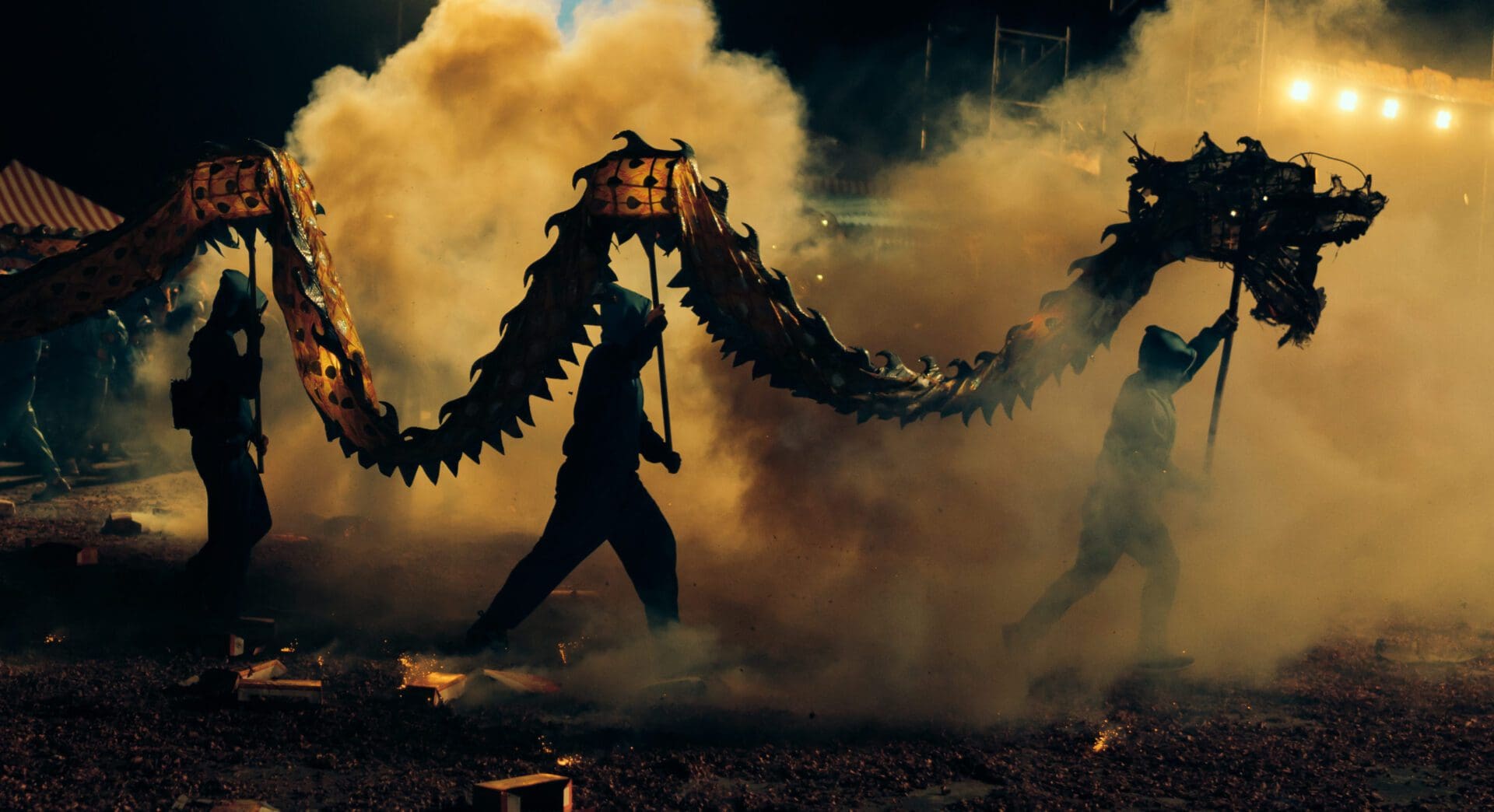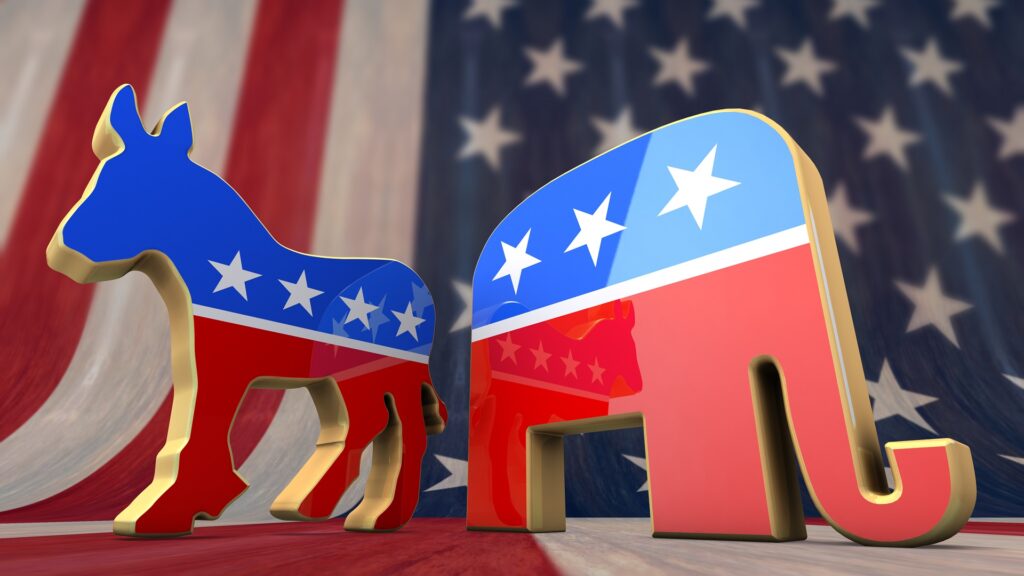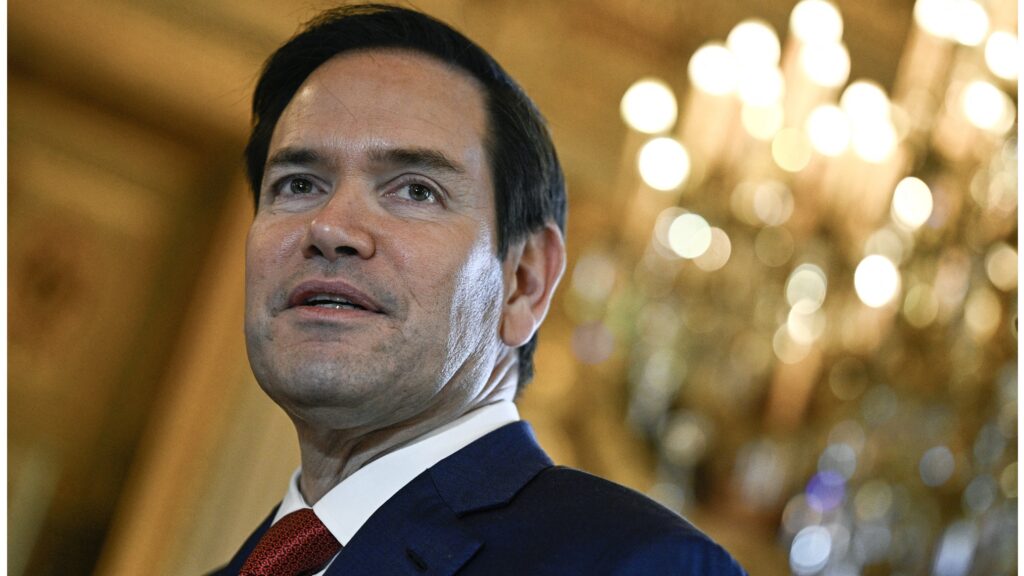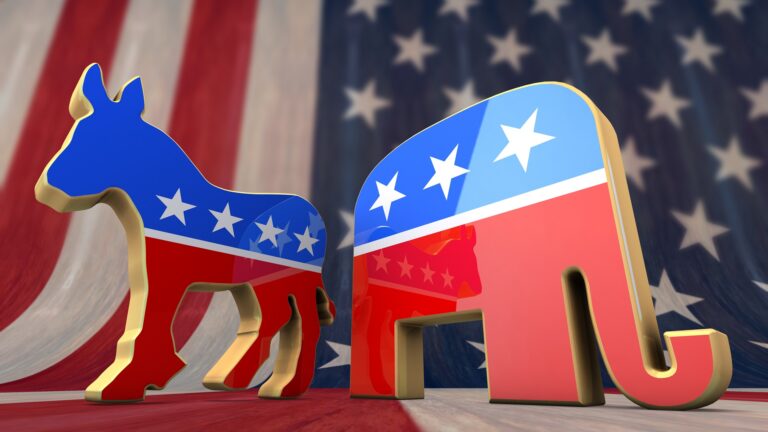Nancy Pelosi may not be the biggest name in the US political establishment, but she is high up enough to cause one of the most serious recent international disputes. As Speaker of the House of Representatives, she is in fact third in line to the Oval Office: if something happened to both the incumbent President and Vice President, by protocol it would be her to take charge of the country. Now, while the United States had always maintained close economic and strategic relations with Taiwan – the small island nation just off the coast of mainland China – it still does not officially recognize its independence and has no formal diplomatic ties with it. This is only common sense, since the issue of Taiwanese independence is one (if not the biggest) of China’s diplomatic taboos, also known as the ‘Three Ts’ (meaning Taiwan, Tibet and Tiananmen). Therefore, when Pelosi’s visit to Taipei was announced – meaning the highest-ranking official visit in two and a half decades, which could, in Beijing’s eyes, amount to informal recognition of Taiwan’s independence – the world immediately expected the Red Dragon to wake up fuming. And that it did, immediately. If Pelosi really goes forward with her plan to meet Tsai Ing-wen, Taiwan’s president, Chinese officials warned, then ‘serious consequences’ would follow. The visit would be regarded as ‘gross interference in China’s internal affairs’, a government spokesman said, adding that ‘the Chinese People’s Liberation Army will never sit idly by.’
Pelosi decided to go, nonetheless. After all, Taiwan is one of the United States’ most important strategic partners, and scraping the plans after they became public would have meant a huge faceloss for Washington, creating the appearance that it was Beijing who calls the shots. Still, everyone understood that this is a risky move, maybe even unnecessarily risky. If you’re anything like me, you probably followed her plane on one of the flight radar sites, holding back your breath as the aircraft approached Taipei. There was a slight chance, after all, that the Chinese would live up to their promise and simply take down the plane before it lands – quite possibly prompting World War III. But in the end, Pelosi landed unscathed and has already left the island a day later, without the Chinese firing a single bullet. Now, we in the West tend to look at this in two ways. Some say this is a huge win for the US since it proved China was nothing but a big-mouthed paper tiger, while others – myself included – rather think that this was merely the first act in the drama, as blood usually starts to spill only later on in plays.
This was merely the first act in the drama
First, the Chinese Communist Party (CCP) is known for a lot of things, but making rash decisions isn’t one of them. Decades (or even centuries) long plans were never alien to Chinese political culture, and they became even more prevalent after the triumph of Communism. Let us not forget that this is the same regime that has been patiently undertaking the biggest genocidal assimilation program in human history for the last seventy years. Slow and steady wins the race. Besides, if Beijing answered with full force every time some woman ‘violated its integrity’, it would not exist anymore. No, Beijing will only act if it deems itself adequately prepared. But have no doubts that it will. China was humiliated by Pelosi’s visit, and it will never forget that.
In China, prestige is everything, especially in international matters. The CCP views itself as the culmination of a five-thousand-year-old line of unbroken civilizational progress, whose rightful place therefore should be at the very top of the world. Everything it does serves the same purpose: to dethrone the United States and reclaim its lost status as the world leader, even if that shallow self-perception is based on mostly artificial narratives of its national history, since the united China we see today rarely existed in earlier times. Nevertheless, nobody humiliates the oldest ‘continuously’ existing empire in the world without ample punishment. But the US did exactly that – it humiliated China. Washington not only crossed a red line, but it trampled on it, so the consequences can be expected to be proportionate.
Secondly, we must also take into account that despite our perceiving of China as the criminal, authoritarian bully here in the West, its own citizens largely stand behind it and its geopolitical ventures. We must never underestimate the CCP’s tight control over the internal information flow, as well as its constant bombardment of its populace with messages of national greatness. Therefore, political support of (even forceful) reunification with Taiwan does not only exist in China, but over time can even turn into internal pressure. Once the state replaced traditional national solidarity with inflated artificial pride in the mind of most Chinese, the idea of war over diplomatic offenses suddenly becomes much more reasonable.
But what options does China have at the moment? What can we expect in the coming months and years? To begin with, we’ll see the threatening actions against Taiwan multiply. There will be more warships and fighter jets violating the airspace of the island and monitoring the Taiwanese’s response time. This started as soon as Pelosi arrived in Taipei, under the guise of a giant military drill, which includes so many navy vessels and aircraft that according to the Taiwanese foreign minister, it ‘amounts to a blockade’ of Taiwan’s air and sea. Beijing will then most probably try to hurt Taiwan economically as well. As Taipei’s biggest trading partner, it certainly has the means to do so. In fact, we see signs of serious intentions on this front, with Beijing already having suspended some fish and fruit imports and banned the export of natural sand, the key component of concrete, to Taiwan. These unilateral sanctions are likely to be extended over time.
In the longer run, we could easily see more dire geopolitical consequences. US-China relations always had their ups and downs, but this visit is probably the nail in their coffin. And who is the real winner of China distancing itself from the United States even more rapidly than before? That’s right, Putin. After the invasion of Ukraine, President Xi took up a more or less neutral stance towards the war – trying to avoid his hands getting dirty because of Putin’s blunder – but that might change soon. The Russian economy did not collapse under the weight of the sanctions, quite the contrary, and Ukraine seems unable to repel the invaders even with billions of dollars worth of Western weapons and aid. Now, with both countries essentially interpreting their respective adversaries of Ukraine and Taiwan as American proxies, their relation grows stronger by the day and solidifies their previously bumpy economic and military alliances.
Many are concerned that he would want to leave behind the historical legacy of a reunited China
Ultimately, however, the biggest concern is still an all-out war between Taiwan and China, which could easily develop into something much larger. Pelosi travelled to Taipei to reassure the Taiwanese of the US’ prolonged commitment to protect the island and therefore deter any plans of aggression coming from the mainland. Paradoxically, it might have had the opposite effect. The stain of the CCP’s pride can only be wiped off by an eventual reunification, but we are past the point where anything else than an invasion could achieve that. Of course, this is not the right time for such an endeavour, as the economic situation is causing political instability all across China. The CCP is also preparing for its 20th National Congress to be held in the second half of the year, where which President Xi is expected to be elected for another five years. This is going to be his third and predictably last term, and many are concerned that he would want to leave behind the historical legacy of a reunited China. After the humiliation he suffered from this visit, we can almost be certain that the preparations for Taiwan’s invasion have been moved to a higher gear.
President Xi meant it when he told Joe Biden prior to Pelosi’s visit that ‘those who play with fire eventually get burned’. I believe that those who interpret this as an empty threat, considering that nothing happened to Pelosi’s plane, are mistaken. The keyword here is eventually. Remember, a dragon might seem asleep, but it lives for thousands of years and becomes the master of patience. The question is not whether it will strike, it is only when.








